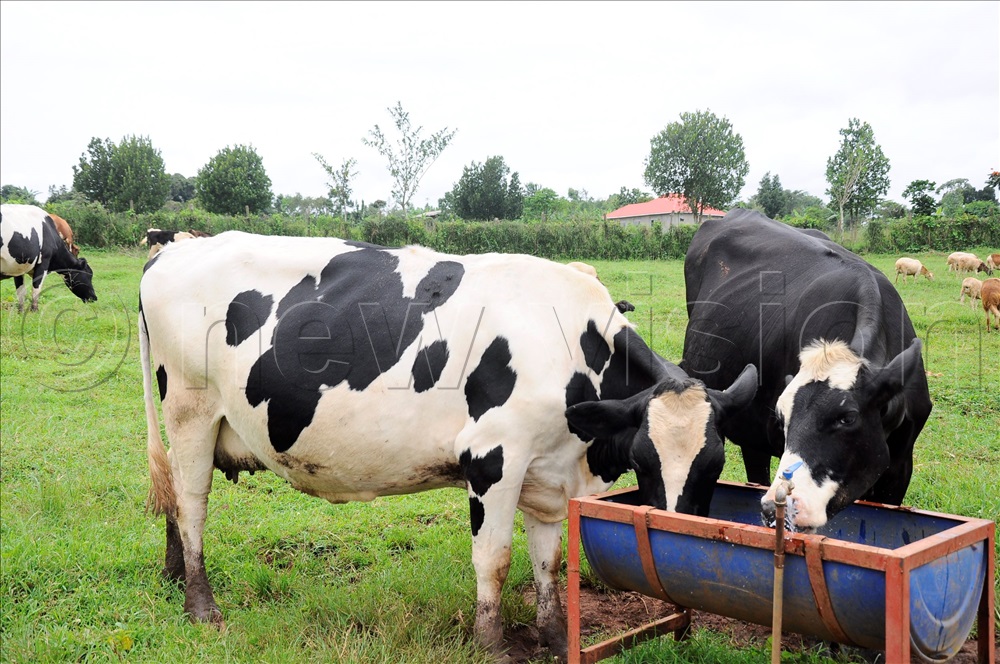By Umar Nsubuga
Long ago whenever someone talked of animal feeds, one thought of grass. But it is no longer the case as many urban zero-grazing farms are increasingly relying on peels of potatoes and matooke to feed their animals.
In an average Ugandan home, 70% of refuse generated is bio-degradable, like peels. This is also the case in food-selling joints like restaurants.
The peels are usually wasted by dumping them together with non-bio-degradable products like charcoal and polythene hence making them useless and the solid waste generated bulky.
However, when the peels are separated from other waste, they become a resource. Due to their constant supply, they can become the most sustainable feed for urban zero-grazed animals like cattle, sheep, goats, and pigs.

Unfortunately, only a few people who produce the peels and those who have backyard zero-grazing farms know this.
Mike Senoga, a businessman in town who stays in Kiteezi says he goes home with two or three sacks of matooke peels for his animals, daily.
He says these are always available from food vendors in Nakasero.
If urban authorities could provide separate rubbish skips for bio-degradable waste, it would save them 70% of garbage weight and the stench since people would buy it waste for their animals.
Peter Mubiru, a veterinary doctor says peels are good for animals but they should be used as supplements.
“Peels are by-products so the nutrients they provide are not enough for the animals,” he says.
Ruminant animals also need roughage, unlike non-ruminants like pigs. He says the best way to give peels is when they are wilted. They can also be grounded and added to maize bran.
Hajara Nalule, a seller of peels at Mulago, says peels are given to her at a low cost and at times she gets them for free.
She has to provide the containers for collecting the peels.
Charles Lubega, another vet doctor says peels have less than 10% protein, which is very low to meet the required level of animal protein.
He says peels should be rationed with either cotton seed cake or maize bran, depending on the type of animal and what you are expecting from it such as beef or milk.
A small sack of peels ranges from sh4,000 to sh6,000 depending on the demand. They are usually sold in markets.
The separation of peels from other rubbish is a good environmental practice. It reduces the bulk of solid waste and the inconvenience of the rotten smell in the garbage skips is also eliminated if practised widely.
It is a source of income for people who collect the peels, especially in the dry season.





